What to Look for When Buying a Toothbrush
Introduction:
When it comes to maintaining optimal oral health, choosing the right toothbrush is paramount. With so many options available, it is important to understand the key factors that contribute to effective oral hygiene. In this comprehensive guide, we’ll walk you through the essentials to consider when buying a toothbrush to ensure your smile gets the care it deserves.
- Bristle type and softness:
Toothbrush bristles play a vital role in cleaning teeth and gums. Choose soft or extra soft bristles to prevent gum irritation and enamel wear. Coarse bristles can be abrasive and can damage your teeth over time.
- Size and Shape:
Choose a toothbrush with a head size that fits comfortably in the mouth and has access to all areas including the back molars. The compact head with different bristle heights can help clean hard-to-reach places.
- Bristles Configuration:
Consider a toothbrush with angled or multi-level bristles, as they can effectively clean between the teeth and along the gum line, removing plaque and food debris.
- Handle Design and Grip:
A toothbrush with a comfortable and ergonomic handle can make your brushing more efficient. The non-slip handle provides better control, especially in the wet.
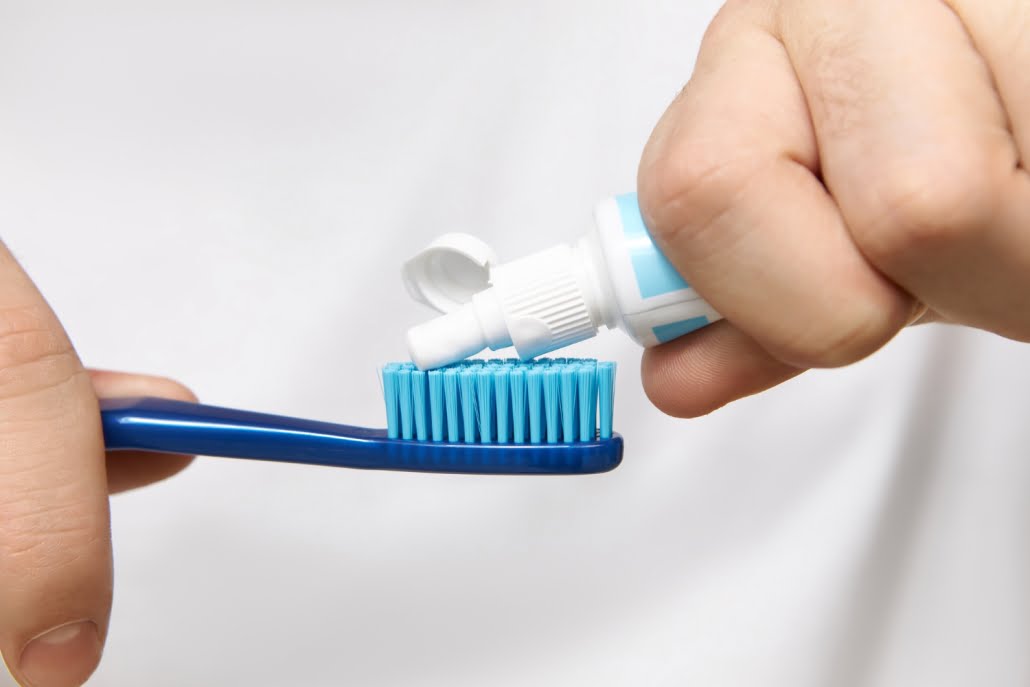
- Manual vs. Electrical:
Decide whether you are comfortable with a manual or electric toothbrush. Electric toothbrushes with oscillating or sonic technology can offer more effective plaque removal, especially for those with limited dexterity.
- ADA ovens:
Look for the American Dental Association (ADA) seal on the packaging. This ensures that the toothbrush meets strict quality and safety standards.
- Interchangeability:
Toothbrushes should be replaced every 3 to 4 months or sooner if the bristles are frayed. Consider a toothbrush with indicator bristles that fade over time to signal when it’s time to change.
- Personal preference:
Finally, choose a brush that is comfortable and suits your brushing style. Whether you prefer a particular color or bristle pattern, a toothbrush that adapts to your preferences encourages consistent use.
Conclusion:
Choosing the right toothbrush goes beyond aesthetics – it has a direct impact on your oral health. By considering factors such as bristle type, size, handle design, and the ADA seal, you can make an informed choice that promotes a healthier smile. Remember that brushing regularly and replacing your toothbrush as needed are essential steps on your way to optimal oral hygiene.
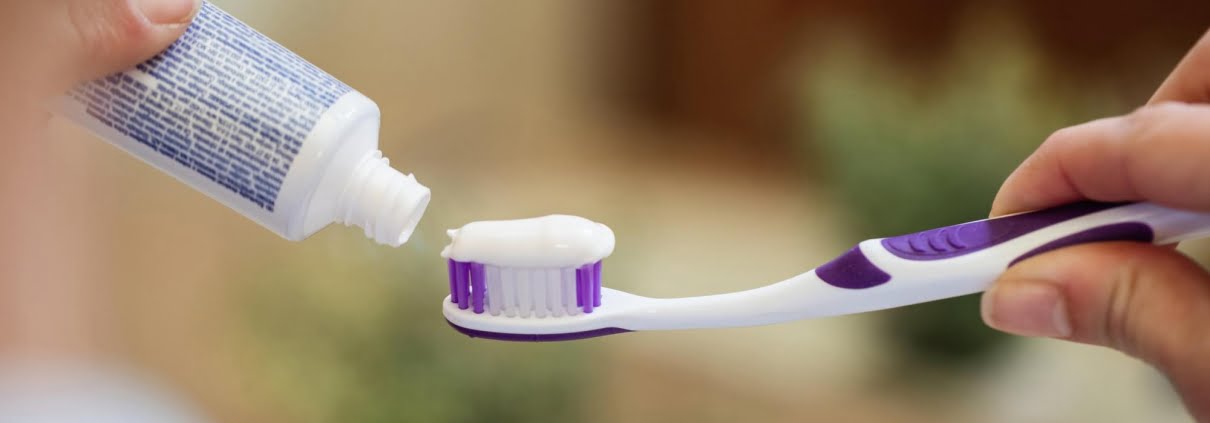
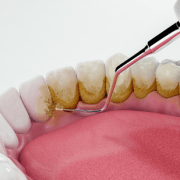

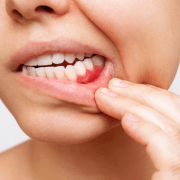



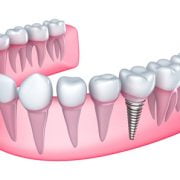



Leave a Reply
Want to join the discussion?Feel free to contribute!